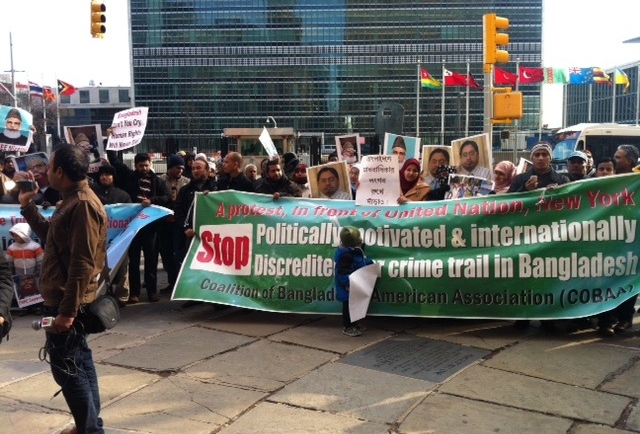Being a neighbor, Pakistan gives paramount importance to its relations with Afghanistan as Pakistan’s peace and stability depends on Afghan peace and stability. Traditionally, Pak-Afghan relationship has been characterized by mutual mistrust and lack of confidence and third parties have always been a decisive factor in determining the Pak-Afghan relations.
Pakistan and Afghanistan have not developed strategic relations as there have been many factors that hindered the progress in this sphere. Since the formation of national unity government in Afghanistan in September 2014 a paradigm shift was noted in the approach of Afghan government in engaging Pakistan.
At Beijing Conference President Ghani defined five circles manifesting Afghanistan’s future foreign policy. He placed Pakistan in first circle and stated that partnership with Pakistan was an important pillar of Afghan foreign policy. He placed India in fourth circle implying a shift in Afghan thinking. These announcements have been followed by visits of civil and military leadership of both states.
On economic front, Pakistan remains the largest trading partner of Afghanistan and bilateral trade has reached to $2 billion in 2014. Afghanistan has been the third largest destination for Pakistan’s exports. Afghan trade with outside world is also regulated by Afghanistan-Pakistan Transit Trade Agreement signed in 2010. Pakistan has extended support to Afghanistan under technical assistance programme in 2003 for infrastructure development projects and some of these projects have been completed while others are under the process of completion.
Being a landlocked state, Afghanistan’s trade has been passing through Pakistan and has been regulated under 1965 Afghan Transit Trade Agreement that allowed transit to Afghan imports from all the countries through the port of Karachi. It was replaced by Afghan Pakistan Transit Trade Agreement (APTTA) signed in 2010 that now regulates trade between Afghanistan- Pakistan and the rest of the world. In the post 2014 period, a decrease has been noted in commercial as well as non-commercial transit. Non- commercial transit has been reduced to half due to the withdrawal of bulk of forces. The commercial transit has also reduced to half from more than 75,000 to 35,000 in 2014. There is also evidence of shifting transit from Pakistan to Iran due to improved infrastructure on Iranian side, devaluation of Iranian currency against dollar, reduced transportation cost, and extra charges at Pakistani ports for Afghan transit cargo are reasons for this decline.
There have been some irritants in Pak-Afghan relations. Post 9/11 terrorism has been the major irritant in Pak-Afghan relations. Afghanistan has been accusing Pakistan for supporting and harboring terrorists. Afghan government has been publicly criticizing Pakistan for not doing enough to bring the insurgents to the negotiating table. Pakistan has been facilitating the peace process between the US and Afghan Taliban and later on it facilitated the first round of intra-Afghan talks but unfortunately peace process could not be continued.
An increase has been noted in border attacks after Afghan National Security Forces’ assumption of security responsibilities. Earlier, during 2007-2010, 194 border violations were noted while these numbers have been on the rise as 2012 alone saw 732 cross border attacks while in 2013, 23 such incursions were reported.
Apart from these attacks, members of Tahreek-e-Taliban Pakistan having hideouts in Afghanistan have also been responsible for incursions from Afghan side and had mounted attacks on Pakistani check posts in Chitral, Dir, Kurram and Bajaur agencies in FATA.
Indian role in Afghanistan has been a grave concern for Pakistan. Contrary to the use of Indian hard power in respect to its relations with other South Asian neighbors, the use of soft power in Afghanistan gives rise to many questions about India’s motives. Given the history of troubled India-Pakistan relations, Afghanistan is strategically important for India.
There were hopes that coming to power of the new government in Afghanistan would transform Pakistan-Afghanistan relations. Initially, Afghan government tried to address Pakistan’s concerns regarding Indian role in Afghanistan and sought Pakistan’s help to initiate dialogue process with Taliban. Recent cross border firing and killing of troops on both sides gave rise to blame game against Pakistan and disrupted the cooperative interaction between the two states. The relations cannot be normalized or improved unless lack of confidence and mistrust that characterize their relations is addressed. Both sides need to take measures to create an environment that is conducive to peace.

